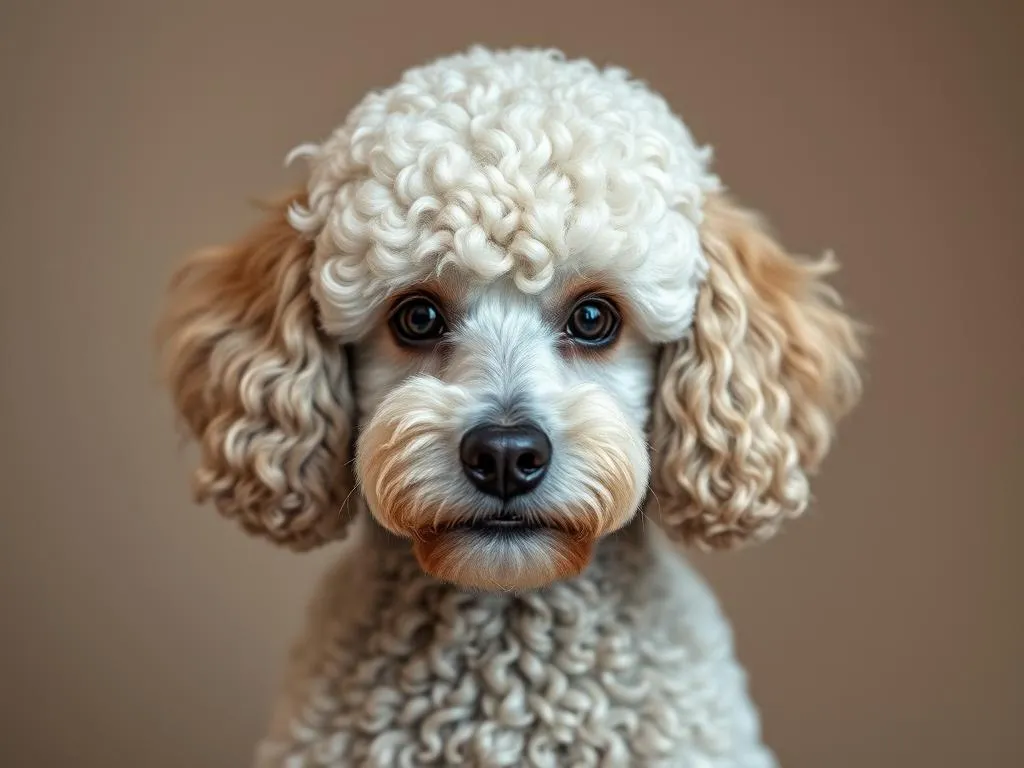
Introduction
Dog breeds serve an essential purpose in our society, each bringing unique traits and characteristics to the table. Among these, the Poodle stands out as one of the most popular and versatile breeds. Understanding different dog breeds is crucial for potential dog owners, as it helps in selecting a companion that fits their lifestyle and needs.
Understanding Dog Breeds
Definition of Dog Breeds
A dog breed is defined as a specific category of dogs that share distinct physical and behavioral traits. These traits are often influenced by genetics and breeding practices. Understanding breed characteristics is vital, as they can impact everything from a dog’s temperament to its exercise requirements.
Classification of Dog Breeds
The American Kennel Club (AKC) classifies dog breeds into several categories, including Sporting, Hound, Working, Terrier, Toy, Non-Sporting, Herding, and Miscellaneous. This classification not only helps in identifying the purpose of each breed but also aids in setting expectations for potential owners.
Moreover, it’s essential to distinguish between purebred and mixed-breed dogs. Purebreds, like the Poodle, have a well-documented lineage, while mixed breeds result from the crossing of two or more different breeds, which can lead to a variety of traits.
The Poodle: An Overview
History of the Poodle
The Poodle has a rich history that can be traced back to Germany, where it was originally bred as a water retriever. The name “Poodle” derives from the German word “Pudel,” meaning “to splash in water.” Over the years, Poodles have served various roles, from hunting companions to entertainers in circuses. Their intelligence and trainability have made them a favored choice for performance arts and dog shows.
Types of Poodles
Poodles are classified into three main types based on their size:
- Standard Poodle: This is the largest of the three types, typically standing over 15 inches at the shoulder. They are known for their elegance and are often seen in dog shows.
- Miniature Poodle: A step down in size, the Miniature Poodle stands between 10 to 15 inches tall. They are lively and make excellent companions.
- Toy Poodle: The smallest variation, Toy Poodles, stand under 10 inches. They are favored for their portability and affectionate nature.
Each type of Poodle possesses unique temperamental traits, making it essential for potential owners to understand the differences when considering which type to adopt.
Characteristics of Poodles
Physical Traits
Poodles are renowned for their distinctive coats, which can be curly or corded. The curly coat is a hallmark of the breed, providing both insulation and water resistance, making them ideal for their original purpose as water retrievers.
In terms of color, Poodles come in a variety of shades, including white, black, apricot, and gray. The size specifications vary as follows:
- Standard Poodle: 15+ inches
- Miniature Poodle: 10-15 inches
- Toy Poodle: under 10 inches
Temperament and Behavior
One of the most appealing characteristics of the Poodle is its intelligence. They are often considered one of the smartest dog breeds, which makes them highly trainable. Their playful and sensitive nature allows them to bond well with families and adapt to various living situations.
Poodles are typically friendly and social, making them excellent companions for children and other pets. However, they may exhibit some behavioral traits, such as playfulness and sensitivity, which require understanding from their owners.
Care and Maintenance of Poodles
Grooming Needs
Grooming is one of the most crucial aspects of Poodle care. Their curly coats require regular grooming to prevent matting. It is recommended that they be groomed every 4 to 6 weeks. Professional grooming is often advisable, especially for Standard Poodles, to maintain their coat’s health and appearance.
Exercise Requirements
Poodles are active dogs that require daily exercise to stay healthy and happy. A minimum of 30 to 60 minutes of exercise per day is ideal. Activities like fetch, swimming, and agility training are particularly enjoyable for them. Regular exercise also helps mitigate potential behavioral issues related to boredom and pent-up energy.
Health Considerations
Like all breeds, Poodles are susceptible to certain health issues. Common health concerns include hip dysplasia, eye disorders, and skin issues. Regular veterinary check-ups and a balanced diet are essential for maintaining their health and well-being.
Training Poodles
Basic Obedience Training
Training is a vital aspect of owning a Poodle. Early training is crucial to ensure they develop into well-behaved companions. Positive reinforcement methods, such as treats and praise, work exceptionally well with this intelligent breed. Consistency and patience are key to successful training.
Advanced Training and Activities
Many Poodle owners choose to engage their dogs in advanced training, including obedience competitions and agility sports. Their agility and keen intellect make them natural competitors in these areas, and participating in such activities can further strengthen the bond between dogs and their owners.
Poodles as Family Pets
Compatibility with Children and Other Pets
Poodles are often recognized as family-friendly dogs. Their gentle temperament and playful nature make them great companions for children. However, proper introductions are crucial to ensure harmonious relationships among pets and family members. Teaching children how to interact respectfully with dogs is equally important.
Living Situations
Poodles can adapt well to different living environments. They thrive in both apartments and homes with yards, though their exercise needs remain constant regardless of living situation. Owners in apartments should ensure ample outdoor time and mental stimulation to keep their Poodles engaged.
Conclusion
The Poodle is a remarkable breed known for its intelligence, adaptability, and family-friendly nature. With various sizes to choose from, potential owners can find a Poodle that fits their lifestyle and preferences. Understanding the characteristics, care requirements, and training needs of this breed is essential for responsible pet ownership.
In considering a Poodle, you are not just choosing a pet; you are welcoming a loyal companion into your life. Remember, every dog is a commitment, and understanding the breed thoroughly can lead to a fulfilling and rewarding relationship.









